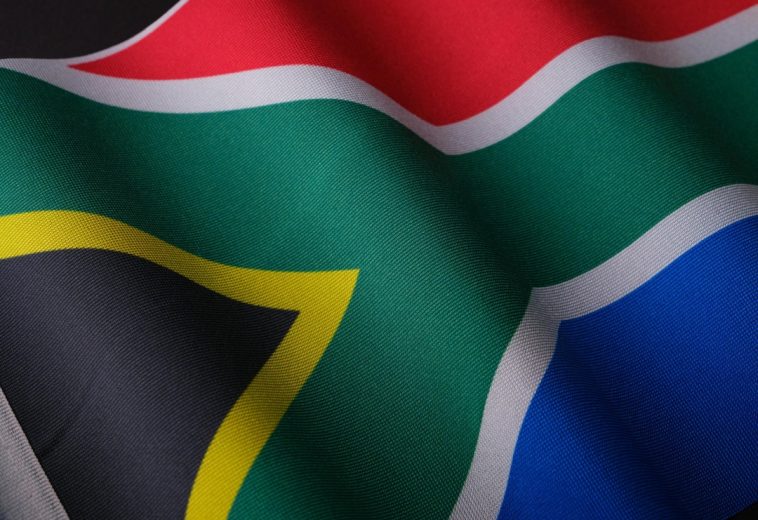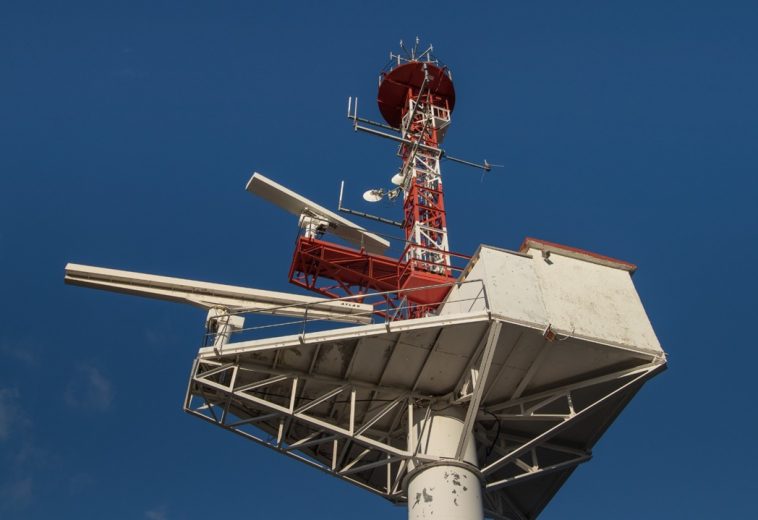Africa is gradually reducing its wealth inequality as the world continues to evolve and seeks new sources of resources while confronting new challenges in humanity’s journey on Earth.
Global wealth inequality is striking, with the wealthiest 1.5% of the global population owning nearly 48% of the world’s wealth. Additionally, the top 10% hold around 75% of total wealth, while approximately 50% of the global population possesses almost no wealth. As of now, around 9% of the global population—approximately 720 million people—live in poverty, according to the World Bank.
READ ALSO: The Global Impact of African Natural Resources: A Wealthy Continent’s Contribution
A small number of people hold the majority of wealth. The richest 1% own more wealth than the remaining 99% combined, according to reports from organisations like Oxfam and the World Inequality Lab.
This disparity extends beyond income and includes ownership of assets such as stocks, businesses, and real estate. Global wealth is predominantly concentrated in developed countries, especially in North America and Europe. However, factors such as tax laws favouring the wealthy, automation eliminating middle-class jobs, and the growing link between income and access to healthcare and education are contributing to rising inequality, even in these regions.
The 2024 Africa Wealth Report by Henley & Partners states that Africa is home to 135,200 high-net-worth individuals (HNWIs) with investable wealth exceeding USD 1 million. The continent also has 21 billionaires and 342 centi-millionaires, each with a net worth of at least USD 100 million.
More than 90% of Africa’s billionaires and 56% of its millionaires come from the continent’s wealthiest markets, including South Africa, Egypt, Nigeria, Kenya, and Morocco.
Algeria, which ranks 152nd globally, has the lowest inequality index in Africa at 27.6%. According to DataPanda, Egypt ranks second with an index of 31.5%, placing it 133rd globally, while Seychelles follows closely with an index of 32.1%, ranking 129th globally.
The top 10 African nations with the least Wealth Disparity
Algeria, with an inequality index of 27.6% and a global rank of 152nd, exemplifies Africa’s progress in reducing wealth inequality. The country’s government has implemented various policies to foster inclusive growth and reduce poverty. These efforts, combined with the nation’s abundant natural resources, have contributed to a more equitable wealth distribution.
Egypt has made significant strides in reducing wealth inequality, as evidenced by its relatively low inequality index of 31.5% and a global rank of 133rd. Recent economic growth has been driven by factors such as increased foreign investment, rising commodity prices, and domestic reforms.
Seychelles has shown remarkable progress in curbing wealth disparity, with a low inequality index of 32.1% and a global ranking of 129th. This progress can be attributed to the rapid adoption of technology, which has transformed various sectors and created new opportunities for wealth generation and job growth.
Mauritania, with an inequality index of 32.6% and a global rank of 126th, demonstrates notable progress in reducing wealth inequality. The country is diversifying away from traditional commodities, decreasing its vulnerability to price fluctuations, and fostering sustainable growth.
Tunisia, often overlooked in discussions of African economic success, presents an interesting case study. With an inequality index of 32.8% and a global rank of 123rd, Tunisia has significantly reduced wealth disparity. This progress is the result of economic reforms, social safety nets, and a focus on education and skills development.
Mali, ranking 117th globally with an inequality index of 33.0%, is making headway in closing the wealth gap. Key factors driving this change include economic growth, entrepreneurship, technological advancements, and government initiatives.
Guinea stands out as an example of a nation addressing wealth inequality, ranking 110th globally with an inequality index of 33.7%. The government has implemented several measures to encourage inclusive growth.
Niger, often overlooked in discussions of African economic expansion, presents an intriguing example. With an inequality index of 34.3% and a global rank of 107th, Niger demonstrates that positive changes in wealth distribution can occur even in countries with historically modest levels of economic development.
Ethiopia has made notable progress in reducing wealth disparity. With an inequality index of 35.0% and a global rank of 102nd, Ethiopia stands out for its relatively equitable wealth distribution compared to many other African nations.
Nigeria, Africa’s most populous country, exemplifies this trend. While still facing significant challenges, Nigeria has seen an increase in its HNWI population and a growing middle class. Despite its high inequality index of 35.1%, the country’s economic growth and increasing opportunities have led to a more equitable distribution of wealth.
Africa’s journey towards a more equitable future is still in its early stages. By leveraging its abundant natural resources, investing in education and healthcare, and embracing technological advancements, the continent has the potential to become a global economic powerhouse. As the world shifts towards a more sustainable and equitable future, Africa is well-positioned to play a leading role.




